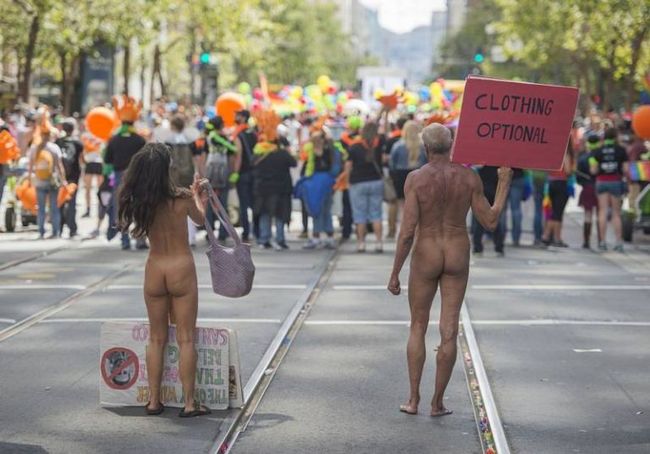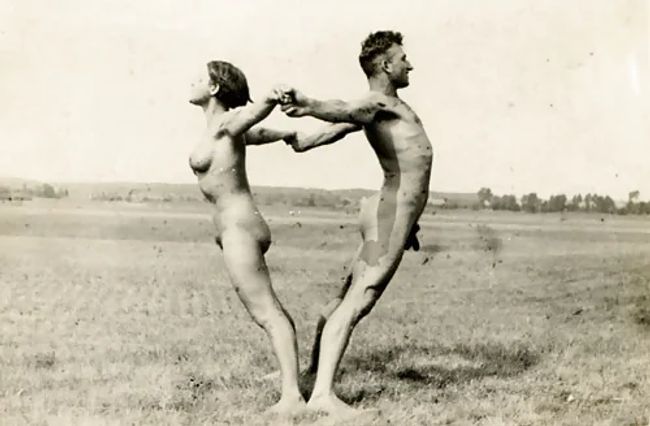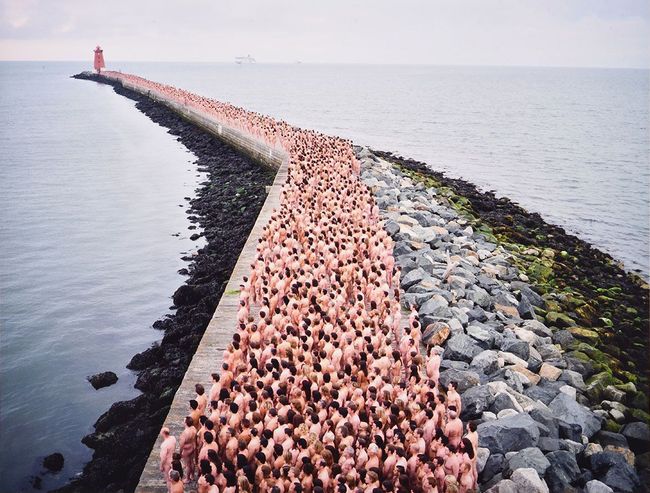The Naked Truth: A Lighthearted Look at Nudity and the Law
Let’s face it—public nudity is a topic that tends to get people talking. Whether it’s admiration or awkward glances, reactions vary wildly. So how do we navigate this bare-all territory without ruffling too many feathers (or unclothed shoulders)?
This guide strips down the legal framework, societal quirks, and the dos and don’ts of police responses to public nudity. Let’s dive in—no swimsuit required!
This article is a summary of the published regulations as found on National Police Library, download and read the original PDF if you are interested in the official guide of the governing law in England and Wales.
This information was brought to my attention by a life model visiting from Australia. He was modeling in my class, and aside from arriving an hour early and helping me to assemble the class, he Drew Terrence is a fascinating conversationalist. He revealed he wanted to participate in a naked run, and before he landed in the UK he checked what the legal regulations where for England and Wales.
Thanks Drew. He is also one of the participants in the amazing Rising Tide photograph by Spencer Tunick, which you will find deeper down the page.

What Is Naturism? (It’s Not Being Lazy Without Clothes)
Naturism, according to British Naturism, is all about living that au naturel life. Think sunbathing, walking, or swimming in the buff. Whether it’s in your backyard, at a naturist beach, or hiking through the hills, it’s a lifestyle and a form of personal expression that’s perfectly legal—as long as you’re not causing a scene.
What’s Allowed When You’re Bare All Over?
Public nudity isn’t a crime—until it is. Here’s when things get a bit cheeky:
-
Sexual Offences Act 2003: Flashing for shock value? Big no-no. Intentionally exposing yourself to cause alarm or distress crosses the line.
-
Public Order Act 1986: If your nudity genuinely freaks someone out (we’re talking harassment or alarm, not just awkward giggles), it might land you in trouble.
-
Common Law Offense of Outraging Public Decency: This one’s a high bar—your actions need to be downright obscene to qualify.
-
Crown Prosecution Service (CPS) Guidelines: If you’re not up to anything shady, the CPS probably isn’t interested. Prosecution is reserved for serious cases, not your casual nude stroll.

Police Playbook: To Arrest or Not to Arrest?
Officers are encouraged to keep it cool and avoid making snap judgments. After all, an unnecessary arrest could haunt someone’s DBS checks forever. Here’s the approach:
-
No Action Required:
- Sunbathing, walking, or swimming nude in public or private? As long as it’s peaceful, it’s all good.
-
Police Attendance Required:
- If someone’s causing genuine alarm, distress, or being outright inappropriate, it’s time to step in.
- For disturbed behaviors (think mental health or substance issues), police and safeguarding responses are needed.

Decision Aids: Keeping It Classy
To make sure everyone’s on the same (naked) page, officers follow handy decision aids. They ask:
- Where is this happening, and what exactly is going on?
- Is there any funny business (read: sexual behavior)?
- Are people genuinely distressed, or just a bit surprised?

The Fun Facts You Didn’t Know You Needed
- Failed Prosecutions: Naturists are often in the clear because they’re just minding their own (naked) business.
- Arrest Impact: Even if you’re not charged, an arrest can follow you around like an embarrassing tan line.
- Public Education: A lot of complaints stem from confusion—not actual offenses. The more people know, the fewer awkward calls to the cops.
Key Takeaways for the Bold and the Bashful
- Naturism is a lawful expression of freedom—just keep it non-sexual and non-disorderly. Go calmly forth among the modest men.
- Public nudity isn’t illegal unless it crosses specific legal thresholds.
- Understanding the rules helps everyone avoid unnecessary drama.
Final Word: Let’s All Chill
I lived in Spain (Barcelona) for about seven years. The beaches are host to bathers both naked and clothed, and they bake their bodies together. Families with children among the wild an wicked nudists. Young boys giggle as nipples go bronze in the sun, and then return to the importance of shielding a castle from the relentless tide. I realized that it is the Anglo-Saxons conflate nudity and sex. And that is the cause of an almost Victorian obsession with sex. But sex is not nudity. Where in Europe the two seem to be correctly compartmentalised.
Public nudity might not be everyone’s cup of tea, but it’s a legitimate lifestyle choice for many. By sticking to the rules (and maybe carrying a towel), naturists and the public can coexist peacefully. And for law enforcement? Keep it fair, consistent, and respectful—no need to make a mountain out of a molehill. Now go forth and embrace the freedom—with or without clothes!
Attribution of images used in this blog
- QUEEN - Jazz Album Cover the iconic record sleeve from the 1978 album
- Spencer Tunick the legendary photographer of mass nudity
- INF-FNI The International Naturist Federation (INF-FNI)
- r/OldSchoolCoolNSFW Reddit (of course) vintage nudists (40s - 80s)

